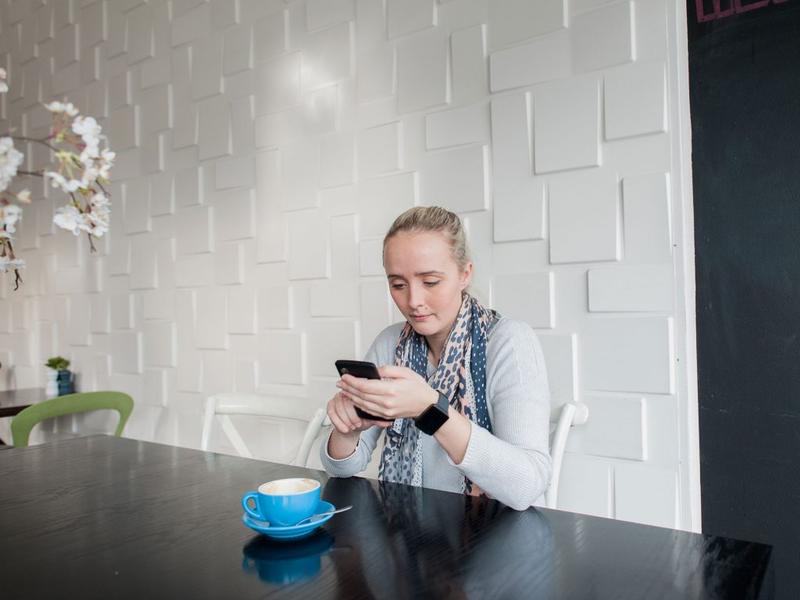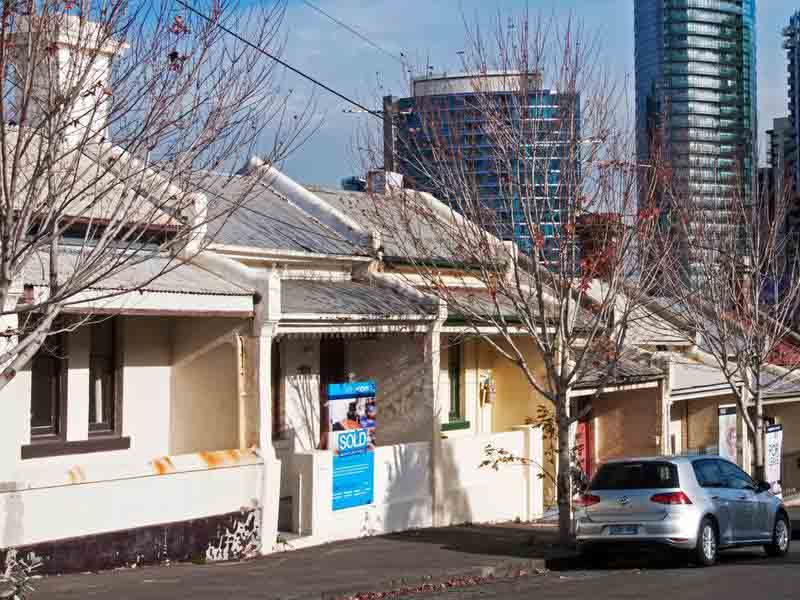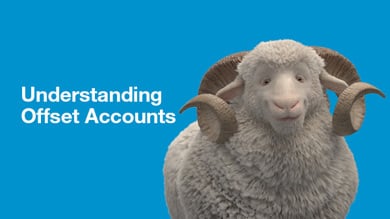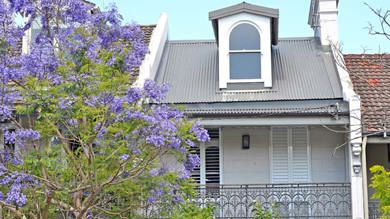
How to prepare for home ownership when you’re saving for a home
They say practice makes perfect, so if you’re saving for a home and want to prepare for life with a mortgage, why not live like you have one already?
How to prepare for home ownership when you’re saving for a home
They say practice makes perfect, so if you’re saving for a home and want to prepare for life with a mortgage, why not live like you have one already?
Ken Wilson, a RAMS Home Loan Specialist from Rosebery in New South Wales, says understanding what your finances will look like with a mortgage thrown in the mix – before you get one – and living within those limits, is a great idea.
“One of the first things we do with first time buyers is sit down with them and work out a budget, so they can clearly see what their income and expenses are,” Ken says.
“This step helps them to understand how much they are capable of saving – to put towards a deposit – but it’s also something you can adjust to reflect what it will look like once you have a home loan,” he adds.
“If you rely on card and online payments for much of your spending, looking back through bank transactions, line by line, and allocating expenses to different categories can be powerful and useful,” Ken says.
It’s also sometimes a bit of a wake-up call, he adds. “I spend how much on takeaway coffee a week?” is a common response.

It’s always a good idea to work out exactly how much you’re spending on expenses like coffees and meals. Picture: Kate Hunter
The ‘practice makes perfect’ approach
Ken says most bank accounts allow transactions to be exported electronically, so it’s straightforward to collate expenses in a spreadsheet.
Tweaking your budget to reflect the financial reality of a mortgage is simple. Living by it for several months before taking the mortgage plunge will give a pretty good indication of your ability to cope, Ken adds.
“Many people who are saving for a deposit live in a share house, so you need to think about all the different and additional costs you’ll have as a home owner,” he says.
Ken lists some of the “now I have a mortgage” costs first-timers need to factor into their new budgets.
- mortgage repayments
- council rates and charges
- strata costs when buying an apartment
- insurances
- allocation for regular maintenance and unplanned repairs
- full costs of all bills
“We recommend people do a ‘dry run’ for three to six months to set the scene,” Ken says.

Pretending you’re paying off a mortgage could get you in one. Picture: Kate Hunter
Brad Cullen, a 39-year-old grain marketer from regional Victoria, adopted the “practice makes perfect” approach recommended by Ken in preparation for buying his first home; a two-bedroom California bungalow in Bendigo, in his mid-20s.
Brad, who recently sold his first home to buy a second, says the tactic helped him “wrap his head around” having a mortgage and house to maintain, after years of sharing houses and expenses.
“It’s one thing to know, on paper, how much having your own house and a mortgage costs, but it’s another thing entirely to actually budget for it and live within those constraints,” he says.
“Saving for a deposit is hard work, of course, but it’s just what you have to do to get on the property ladder. I figured I was already being smart about my spending, so I might as well prepare for what it would be like once I actually took on a home loan,” Brad says.
“I’m glad I did, because it really opened my eyes and showed me the discipline required. It’s definitely something I would recommend to people currently saving up for a deposit,” he says.
Originally published on flatmates.com.au


